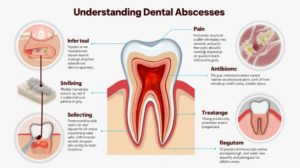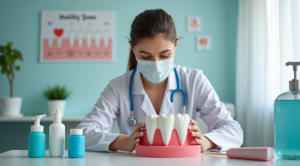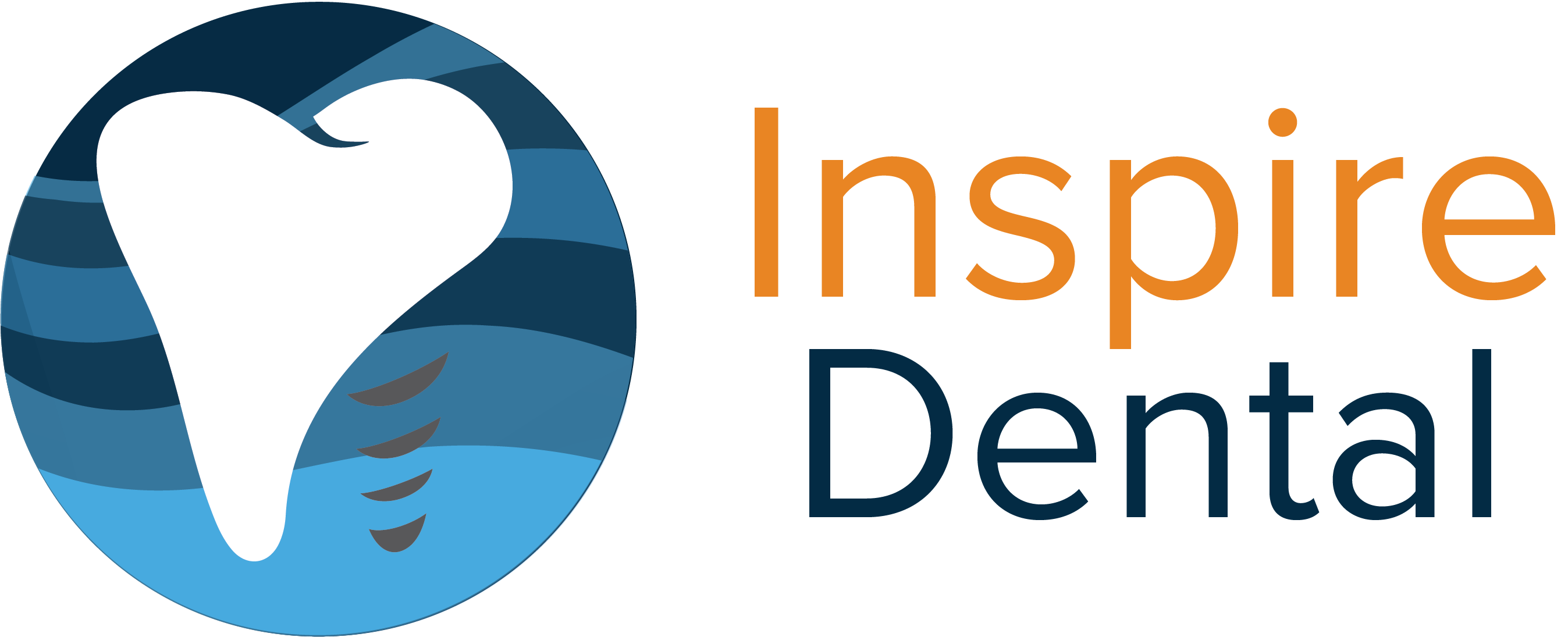A Dental Abscess Treatment is a serious condition that needs prompt treatment. It occurs when bacteria infect the tooth or the gums. This can cause pain, swelling, and other problems. Getting the right treatment quickly can help you feel better and save your tooth.
Key Takeaways
- A Dental Abscess Treatment is an infection in the mouth.
- Symptoms include pain, swelling, and a bad taste.
- Treatments can include antibiotics, drainage, and root canal therapy.
- Good oral hygiene can help prevent abscesses.
- See your dentist right away if you have symptoms.
For more information on maintaining oral health, consider scheduling a visit to discuss various family dentistry options that can help you prevent issues like dental abscesses.
Understanding Dental Abscess Treatment

Dental abscess treatment is a pocket of pus. It forms when bacteria get into the tooth or gums. This can happen due to tooth decay, gum disease, or a cracked tooth. The infection can cause pain and swelling. If not treated, it can spread to other parts of the body.
| Cause of Dental Abscess | Description | Prevention Tips |
|---|---|---|
| Tooth Decay | Cavities allow bacteria to invade the tooth. | Regular check-ups and fluoride treatments. |
| Gum Disease | Infections in the gum can lead to abscesses. | Maintain proper oral hygiene and cleanings. |
| Injury | Cracks or chips can create entry points. | Avoid hard foods and wear mouthguards if needed. |
| Previous Dental Work | Failed treatments can lead to infections. | Ensure quality dental care and follow-ups. |
Symptoms of a Dental Abscess
You may notice several signs if you have a dental abscess. Here are the common symptoms:
- Severe toothache: The pain can be constant or come and go. It often gets worse when you chew or bite. Swelling: Your gums or face might swell, making it hard to open your mouth.
- Bad taste: You may taste something bitter or salty in your mouth.
- Fever: A high temperature can mean your body is fighting an infection.
- Sensitivity: Your teeth may feel sensitive to hot and cold.
If you notice these symptoms, it’s important to see a dentist quickly.
Diagnosis of a Dental Abscess

Your dentist will check your mouth. They may ask about your symptoms and medical history. They might also take an X-ray to see the extent of the infection. This helps determine the best treatment.
Common Causes of Dental Abscesses
There are several reasons why a dental abscess can form:
- Tooth decay: Cavities can allow bacteria to enter the tooth.
- Gum disease: Infections in the gum can also lead to abscesses.
- Injury: A cracked or chipped tooth can create a way for germs to enter. –
- Previous dental work: Sometimes, past treatments can fail and lead to infections.
Options for Dental Abscess Treatment
Getting the right treatment is key to feeling better. Here are some common ways dentists treat dental abscesses:
1. Antibiotics
If you have an abscess, your dentist may give you antibiotics. These help fight the infection. You will need to take them for a set time. Even after you feel better, it’s important to finish all the medication. This helps ensure the infection is completely gone.
2. Drainage
If there is a pocket of pus, your dentist may need to drain it. This is often done in the office. They will make a small cut in the abscess to let the pus out. This can relieve pain and pressure. After drainage, they may clean the area to help it heal.
3. Root Canal Therapy
In some cases, a root canal may be necessary. This treatment saves the tooth. During a root canal, the dentist removes the infected part inside the tooth. They will clean and seal it. This helps prevent future infections.
4. Tooth Extraction
Sometimes, the tooth may be too damaged to save. If that is the case, your dentist may recommend extraction. This means the tooth will be removed. After, they may discuss options like implants or bridges to fill the gap.
If you’re concerned about the cost of treatment, don’t hesitate to ask your dentist for estimates and insurance options.
How to Care for Your Teeth and Gums

Preventing a dDental Abscess Treatment is possible with good oral hygiene. Here are some tips:
Brush Your Teeth
Brushing twice a day for two minutes each time can help keep your teeth healthy. Use fluoride toothpaste to protect against cavities.
Floss Daily
Flossing removes food and plaque between your teeth. This helps keep your gums healthy.
Regular Dental Visits
See your dentist every six months for check-ups. These visits help catch problems early before they become serious.
Eat a Balanced Diet
A diet low in sugar can help prevent cavities. Try to eat fruits, vegetables, and whole grains.
Avoid Tobacco
Smoking and using tobacco can harm your gums and teeth. If you smoke, try to quit. Your dentist can help find resources.
- Consider Sealants: Applying sealants can provide extra protection against decay, particularly for children and those prone to cavities.
- Stay Hydrated: Drinking water helps wash away food particles and bacteria.
- Limit Acidic Foods: Foods and drinks high in acid can erode enamel and contribute to decay.
When to See a Dentist
If you have symptoms of a dental abscess, don’t wait. Contact your dentist as soon as possible. Early treatment can prevent complications.
Signs You Need Immediate Care
- Severe pain that does not go away.
- Swelling in your face or mouth.
- Trouble breathing or swallowing.
- A fever that won’t go down.
If you have these signs, you may need emergency dental care.
| Treatment Option | Description | Expected Outcome |
|---|---|---|
| Antibiotics | Medication to fight infection. | Reduced infection and pain relief. |
| Drainage | Removal of pus from the abscess. | Immediate pain relief and improved healing. |
| Root Canal Therapy | Removal of infected tissue inside the tooth. | Saves the tooth and prevents further decay. |
| Tooth Extraction | Removal of a damaged tooth. | Eliminates infection but may require replacement. |
Conclusion
Dental abscesses are serious but treatable. If you notice signs of an abscess, see your dentist quickly. Treatments like antibiotics, drainage, and root canals can help you feel better. Remember to keep up with good oral hygiene to prevent future problems. Your smile deserves the best care!
Final Thoughts
Taking care of your oral health is important. Understanding how to treat and prevent dental abscesses can save you from pain and serious issues. Stay informed, and don’t hesitate to reach out to your dentist if you need help!
By following these tips and understanding your dental health, you can keep your smile bright and healthy. You can visit our website or contact us. Remember, your dentist is there to help you!
